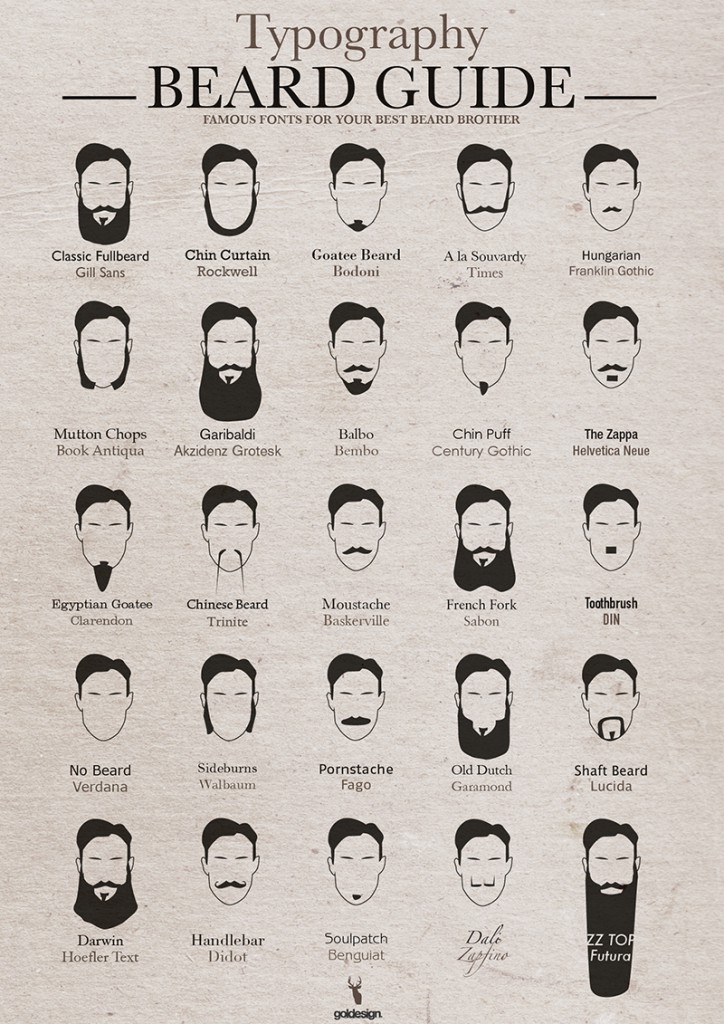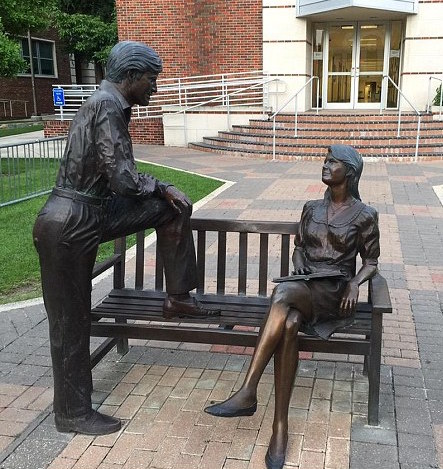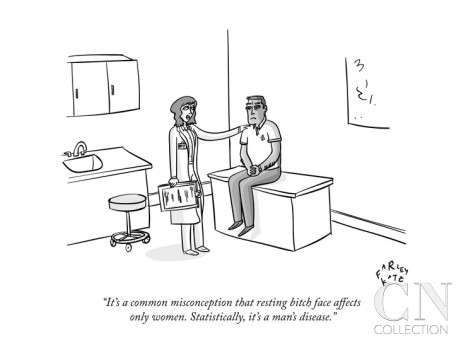
Post two from gender relations correspondent, Scott Larousse.
What is expected of men? It’s a question that lends itself to silly stereotypes like flexed muscles, stupid cars, a loud swagger or a quiet, homey handiness. We’ve moved forward substantially in a cultural discussion and reasoned questioning of female stereotypes; immaculate Mary versus seductive Eve, the housewives of the 40s and 50s (needlepoint, casserole, checkered apron) set in relief against the femme fatales (sexy, empowered, indomitably possessed of their own agenda) of film in the same era, which calcified into their own neat, shoeboxed tropes. A good number of hours, novels, dissertations and albums have gone into questioning that, into asserting a female identity at once more fundamental and ineffable than those tired images, or of denying such an identity altogether in furtherance of breaking down the constraints of the past.
 On men, however, we’ve done less. Cardiganed hipsters with demure voices have deconstructed the lumberjack stereotype but replaced it with something every bit as challenging – and ultimately, one-dimensional – as the femme fatale. At a time when many doubt fixed gender characteristics at all, or at least would limit them to vague undefinable constellations of loosely-related elements (at a time, too, when gender transitioning has sharpened some basic mismatch in male and female qualities), it really wouldn’t make sense to try to build out anything in the way of a male identity, something taken for granted so long that we all benefit from the indefinite suspension of expectations of males, as for females.
On men, however, we’ve done less. Cardiganed hipsters with demure voices have deconstructed the lumberjack stereotype but replaced it with something every bit as challenging – and ultimately, one-dimensional – as the femme fatale. At a time when many doubt fixed gender characteristics at all, or at least would limit them to vague undefinable constellations of loosely-related elements (at a time, too, when gender transitioning has sharpened some basic mismatch in male and female qualities), it really wouldn’t make sense to try to build out anything in the way of a male identity, something taken for granted so long that we all benefit from the indefinite suspension of expectations of males, as for females.
The problem – the great gap which no amount of theory can bridge – is that men and women are fundamentally at odds in such a way that understanding the other can be difficult. Priorities, furthermore, will always be a little bit at odds. The role of burden of past expectations has made this difficult to speak about, because even the most innocuous assertion of a woman doing something in part because it is what women do will inevitably be tainted with a denial of that person’s individuality and an availment of harmful stereotypes for one’s own self-justification. The converse is true as well, that any assertion someone’s gender has no explanatory power over their conduct will, however socially beneficial, in most cases carry at least a hint of untruth.
To deny the former would be a boorish dismissal of much of the most exciting work in academic literature and pop sociology (see Slate, The Atlantic, The New Yorker) in recent years, but to deny the latter would simply be elitist, choosing the values of a hyper-educated, affluent Western cultural vanguard over what’s still the consensus – from lived experience – of the vast majority of people. Because there are these irreducible differences (in many people, not all, and descriptively rather than normatively), there is a gap of understanding between men and women. And there’s a gap of expectations, as well: a mismatch seen everywhere from self-reported chore breakdowns among spouses (I think I do 50%, she thinks she does 80%) to more serious matters, the stuff of affairs and divorces and smoldering marital points of impasse. Traditionally, too much has been expected of women, and still is most everywhere; the question here is what we expect from men.
The problem is that men act like men and will continue to, that each gender may have received equivalent portions of original sin, but that doesn’t mean they’re identical in content. Men, for example, are more lustful by nature. Natural selection explains this easily, medical textbooks continue to take it for granted, and lived experience verifies this from middle-school onward. That is, men tend to think about sex in a more strictly physical way, more separated from emotion (medical textbooks still teach this, too). When more progressive people hear this they tend to be suspicious that reinforcement of historical systems of oppression is lurking in the background. That may be true, because the distinction between positive (the way things are) and normative (the way they should be) can be slippery in practice.
Nonetheless, denial of this fact (taking “fact” from current scientific consensus) can lead to misunderstandings. When someone notices that women are objectified sometimes as objects, they use language of a system of oppression and confinement that should be rooted out and destroyed. This is obviously a high and worthy value, as the best academics and culture-critics have recognized over the last few decades. The problem, which is nearly intractable, is that women are objectified in part because men have unjustly built history a certain way; but they have built it that way because men are lustful, physical, and brutish by nature. The problem is that such traits are built into the male human as a portion of original sin which has impacted males in a disproportionate way. The problem is that society can remake itself completely, as it’s come close to doing in the most enlightened places, and men will still objectify women because they are men.
 The same goes for other things. ‘Mansplaining’ happens because men disproportionately think they are right and have the answer; paternalism happens because men have overconfidence and a protective instinct; and men do things like drink and smoke and gamble more because their impulse-control is poor. None of these things are meant to excuse this behavior (all classically sinful, some of it egregiously so), or to take away from the contemporary insight that society’s expectations have traditionally favored men, and continue in the vast majority of places to do so. If our problem in the past has been too low a view of female capabilities, it’s quickly becoming too high a view of male capabilities: it is expected that quintessentially male faults can be attributed to malign historical forces and extirpated, and the men who dare to confess these faults publicly may increasingly risk being labeled retrograde bigots.
The same goes for other things. ‘Mansplaining’ happens because men disproportionately think they are right and have the answer; paternalism happens because men have overconfidence and a protective instinct; and men do things like drink and smoke and gamble more because their impulse-control is poor. None of these things are meant to excuse this behavior (all classically sinful, some of it egregiously so), or to take away from the contemporary insight that society’s expectations have traditionally favored men, and continue in the vast majority of places to do so. If our problem in the past has been too low a view of female capabilities, it’s quickly becoming too high a view of male capabilities: it is expected that quintessentially male faults can be attributed to malign historical forces and extirpated, and the men who dare to confess these faults publicly may increasingly risk being labeled retrograde bigots.
There are basements for them, and there are machine-gun-shooting games online where they can assert those parts of themselves society does not want to see. For the healthier ones, there are football broadcasts where the physicality and the competitive urge can be lived vicariously. Insidiously, there are communities increasingly isolated from the educated, polite world– where many classically male sentiments are not tolerable, because they’re attributed to the malign forces – where the chauvinism and objectification and sexist jokes simply go one unabated, and such people probably make up more than half of men in America (e.g., fraternities, locker rooms, middle-school boys’ lunch tables, trailer parks – the class implications are sad but unavoidably true – online chat-rooms, and most other places inaccessible to the educated elite driving the conversation).
The modern activists on this topic have accomplished brilliant things, but the war on malign forces risks becoming a war on nature due to our perpetual optimism, our reluctance to allowing that certain faults are inveterate features of the human condition. But these reformers have for the most part been in small, intellectually elite communities, with little sense for how blue-collar men think and nothing but scorn when brought face-to-face with it, generally explaining it away as anomaly to avoid facing how profoundly out of touch our elites have become with our more everyday people (a quick look at the numbers for Trump and Carson should allay any doubt). There are two dangers inherent in this state of things.
 First, reform does not work when cloistered away in elite communities. A sense of perspective, and a sense of human limitation and weakness, and a sense of the weight, not of history only but of the human condition, gets lost. Perspective is thereby lost and a movement may have all the superficial energy in the world, but none of the deep, abiding conviction, entirely resigned yet infinitely resolute, possessed by the great movements for change of the past. When increasingly refined concepts can work instead, we dispense quickly with the hard work of meeting face-to-face over a sense of a shared experience. This makes a movement not only less human, but ultimately less effective.
First, reform does not work when cloistered away in elite communities. A sense of perspective, and a sense of human limitation and weakness, and a sense of the weight, not of history only but of the human condition, gets lost. Perspective is thereby lost and a movement may have all the superficial energy in the world, but none of the deep, abiding conviction, entirely resigned yet infinitely resolute, possessed by the great movements for change of the past. When increasingly refined concepts can work instead, we dispense quickly with the hard work of meeting face-to-face over a sense of a shared experience. This makes a movement not only less human, but ultimately less effective.
Second, it’s a truism that what is repressed typically comes back in a more perverse form. Men who feel excluded from a public forum may scream misogyny at female gamers in their online forums, may retreat to radicalized communities of the most brutish imaginable male violence, or, more common and mundane, spend a lot of money on a gun safe or an F-350. Not that any of this is happening now, but the gender issue has been raised in its fullness only recently, and the conversation on the issue will continue for a long time. While bad historical things should still be worked against, the old, naïve, and ultimately exhausting Pelagian lie that it’s all a product of circumstance, which, if you pare it back, will reveal some mythical sparkling substrate of a pure human heart, can work little but further misunderstanding and harm.
There is already a slight drift toward such a state even in the most forward-looking publications; check out, for example the New Yorker’s clever, is somewhat bitter, attack on certain male stereotypes in last week’s daily shouts, “Academic Job Listings for my Exes”:
The renowned Department of Psychology at Dartmouth College is soliciting applications for a tenure-track Associate Professor of Hypochondria. We seek a candidate with an affinity for Peter Pan shoes, extensive experience diagnosing resting bitch face, and a willingness to see other people…
The defensiveness stands out, as does the vitriol. We live in a time when affirming people’s identities is a paramount value, but what seems like a basic identity to someone is, of course, a condemnation or threat to someone else. The sentiment above might be protective, pushing back against oppressive ways males tend to act toward women, but the read diagnosis of “resting bitch face” is itself, of course, the exact same reaction of insecurity faced with a perceived threat, on a more micro scale as the New Yorker piece is on a macro scale. As this article is, if we’re being honest, the same reaction on a more macro scale.

Is there any better illustration of what Mockingbirders in the past have called the “closed circle” of the Law? How messages with just the right content are still, in tone if nothing else, conditioned by and utterly shot through with that familiar mix of human insecurity, masked lightly by accusation, anger, and reciprocal blame? For now, there’s probably no way to stop the spiral of ideological escalation, of every reaction always seeming to trigger a yet more pointed defense, which gets read as an a new attack. We are dealing not with ideologies, not with a war over who’s to blame, and not even entirely with malign historical forces, though they are present, in a substantial and toxic way. But at the root of things, we are still very much dealing with messy human beings, terrible people in great need of grace. “Violence begets violence”, said a Baptist minister and the greatest American activist – though he may have resisted the second label – of the 20th Century. That is as true of escalating ideological salvos as of anything else. We may think we need just the right ideology, the right angle of attack, and perhaps that is, to a degree, true.
But we need more: first, a renewed sense of ourselves as human beings, conditioned by circumstances and emotions and deep-rooted sins which we can never fully transcend. And second, and more important, we ultimately need an intervention, Something beyond the closed circle of the law, beyond the bitter cycles in which we find ourselves inescapably enmeshed. Whatever it is, it might look like love, like admitting weakness, like staying silent on justifications but living in the world, meeting people where they are, with an eye always toward forgiveness and, if the need arises, for sacrifice. Talking about Jesus. How that applies here, I have no idea. But in the field of the newfound gender wars, those themes of self-justification, human sin, and our need for grace are as readily observable – and critically needed – as anywhere else.

COMMENTS
Leave a Reply












